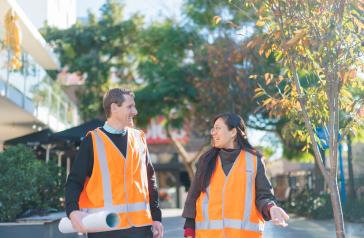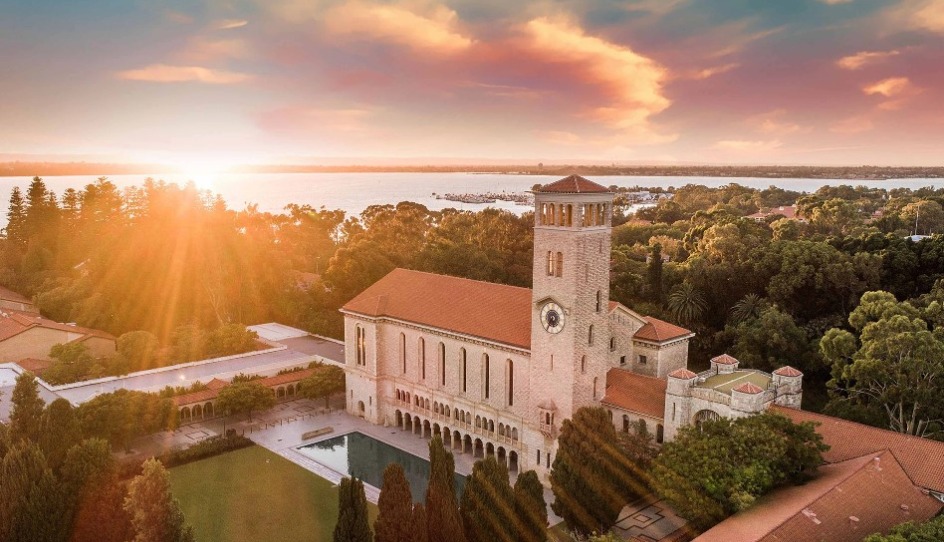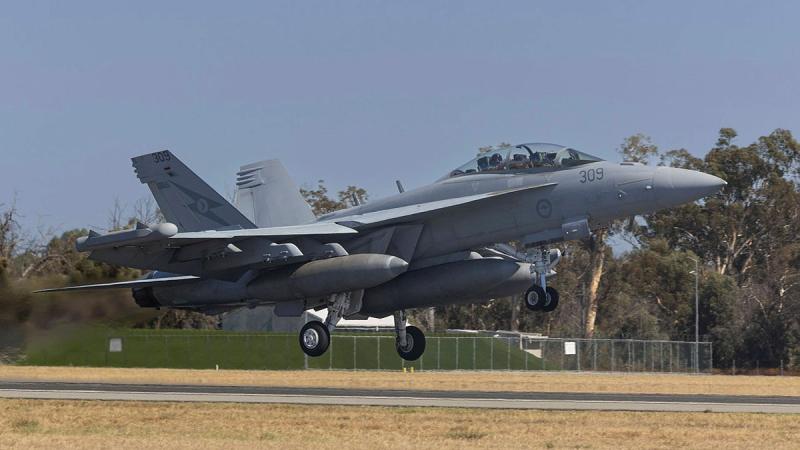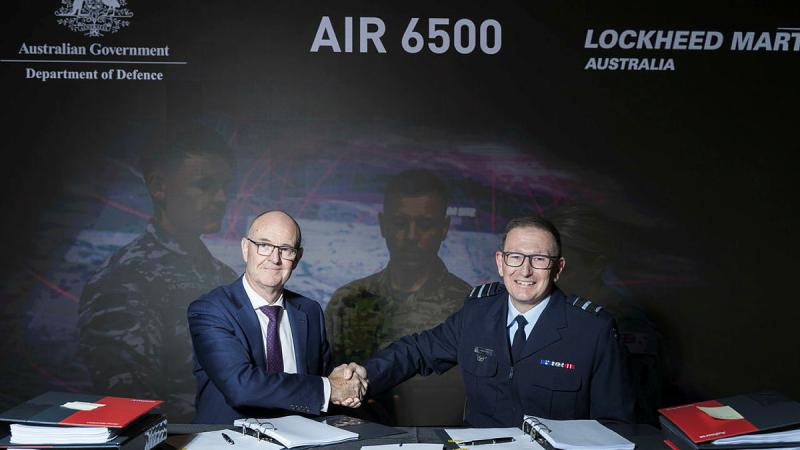When Ivo Srsen and a group of fellow migrants noticed that migration was changing Australia but much of the nation was not moving with the times, they decided to take it upon themselves to bring about a new way of thinking.
Their efforts helped to deliver the birth of modern multiculturalism, bringing a revolution in the way we think, act and even eat.
Mr Srsen – who came to Australia from Croatia via Bonegilla – was living in Melbourne in 1969 when he and his friends became increasingly aware that migrants were arriving in huge waves but the assimilation policies of the time were holding back the powerful improvements that the new arrivals could offer – including restaurants with fare from Europe and beyond.
“We saw Sydney and Melbourne as huge villages with nothing in them but Greek fish and chip shops so we thought, what are we going to do?” he said.
What they did was organise formal lobbying of federal and state politicians to bring about change.
They found willing ears in the form of MPs and candidates from the Whitlam Labor opposition.
“And Labor scraped into government (in 1972) and they did start working immediately and soon (multicultural) restaurants were going up like mushrooms,” Mr Srsen said.
But their mission was about more than improving dining options for adventurous eaters; it was also about improving the justice system, providing more education options for the children of migrants, providing better health services and much more.
With support from key political figures such as Federal Immigration Minister, Al Grassby, and backing from the Victorian State Government, the group quickly began to achieve many of its aims. But more remained to be done.
“We started to realise the only way we could reform Australia was to form an organisation to promote the interests of all migrants so the Ethnic Community Council of Victoria was formed in 1974,” Mr Srsen said.
“We were all volunteers (including some from Albury Wodonga) in a peak advocacy body and we decided Australia should be a multicultural country.”
It was not an easy process, with some people expressing opposition but many others were supportive and in 1975 the movement expanded when the Ethnic Community Council of NSW was formed in Sydney.
The mission was now on a roll, and when the advocacy turned to refugee support during the Vietnam War, the reformers found strong support from the new Fraser Government in Canberra.
Within a few years, ethnic radio stations 2EA and 3EA were on air, followed by SBS.
The foundations were set for new generations of migrants who owed a debt of gratitude to their predecessors.
“We used to joke and tell them, ‘you let us do the hard yards and you come along and everything is done for you!'” Mr Srsen said.
“It made a profound difference and I don’t think it would have happened at that time if it wasn’t for groups like ours.
“The country learned from us and I think we helped.”
Australia had changed and there would be no going back.








